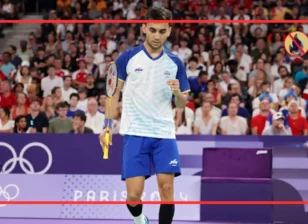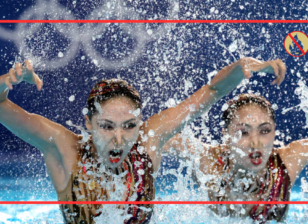Assessing French Republic Values in Muslim Citizen Treatment
The French Republic is in a precarious position following recent terrorist assaults by Muslim extremists, including the murder of Samuel Paty. The massacre at Charlie Hebdo, and the catastrophe at Notre Dame Basilica. The response from President Macron, particularly the adoption of the idea of “French Islam” and the denunciation of “Islamist separatism”. It has triggered a heated discussion over core principles. Ideas like “Freedom of expression,” “Right to believe,” and the fundamentals of “French Republic values” and “Secularism (laïcité)” are at the centre of this discussion.
The debate has been further heightened by government actions and policies, which have caused concerns about state intrusion and encroachment into private life as lines between personal and state beliefs become more hazy. Some people view restrictions on dress codes, dietary requirements, and religious education as restrictive, which has led to accusations of discriminatory speech.
These difficulties are clarified by the Amnesty International report, which highlights the political and rhetorical emphasis on matters that go beyond security concerns. Evaluating how Muslim citizens are treated becomes a sophisticated investigation of the complex relationship between personal freedoms. The state authority as France struggles to strike a balance between security imperatives and its commitment to individual freedoms and multiculturalism.
Historical Context
The start of the journey was the shocking 2015 attack on Charlie Hebdo, in which Muslim extremists turned the satirical magazine into a target for violence. The delicate balance between religious sensitivities and freedom of expression was brought to light by this incident. The murder of Samuel Paty, a teacher who displayed cartoons of the Prophet Muhammad in a speech class about freedom of speech. Other incidents stoked discussions about secularism and the right to free speech. The 2020 attack on Notre Dame Basilica brought a new perspective to the conversation and emphasised how urgent it is to address underlying problems.
President Macron’s Response
Macron’s strategy for addressing these issues is framed in terms of fighting “Islamist separatism” and promoting “French Islam.” Asserting the “Right to believe” and stressing the significance of protecting “Freedom of expression” as a fundamental right, the President navigates the complex web of “French Republic values.” The idea of “Secularism (laïcité)” and adherence to “Republican principles,” which support the French state, are crucial to this.
Government Actions and Policies
In response, the French government draws a line between the state and individual beliefs in an effort to combat what it views as “Islamist separatism”. Nonetheless, this tactic has sparked worries about possible government encroachment and invasion of citizens’ privacy. Debates concerning the fine line that separates protecting the public interest from violating individual freedoms have arisen as a result of the implementation of prohibitions on dress codes, dietary requirements, and religious instruction.
The report by Amnesty International illuminates the discourse of discrimination that has surfaced as a result of these policies. The government’s emphasis on specific religious practices, according to critics, disproportionately targets citizens who identify as Muslims. A wider discussion about the relationship between individual liberties and state power has been sparked by the rhetorical and political emphasis placed on these issues.
Navigating the Delicate Balance
France faces the difficult task of upholding its core values while promoting an inclusive society as it struggles with these issues. To prevent unforeseen consequences, the boundary between one’s state and personal beliefs needs to be carefully calibrated. Navigating the delicate intersection of “French Republic values” and the treatment of Muslim citizens requires striking a balance between security concerns and the protection of individual rights.
Conclusion
In conclusion, the ongoing debate in France about how to treat its Muslim citizens is representative of a country that is struggling with its ideals and identity. The background of terrorist attacks has prompted policy reviews and a national dialogue about striking a careful balance between government interference and individual liberties.
The narrative of relations between France and Islam is shaped in part by President Macron’s response, as well as by government actions and policies. Building a cohesive and inclusive society will require France to strike a peaceful balance between security imperatives and the ideals of the French Republic as it advances.





